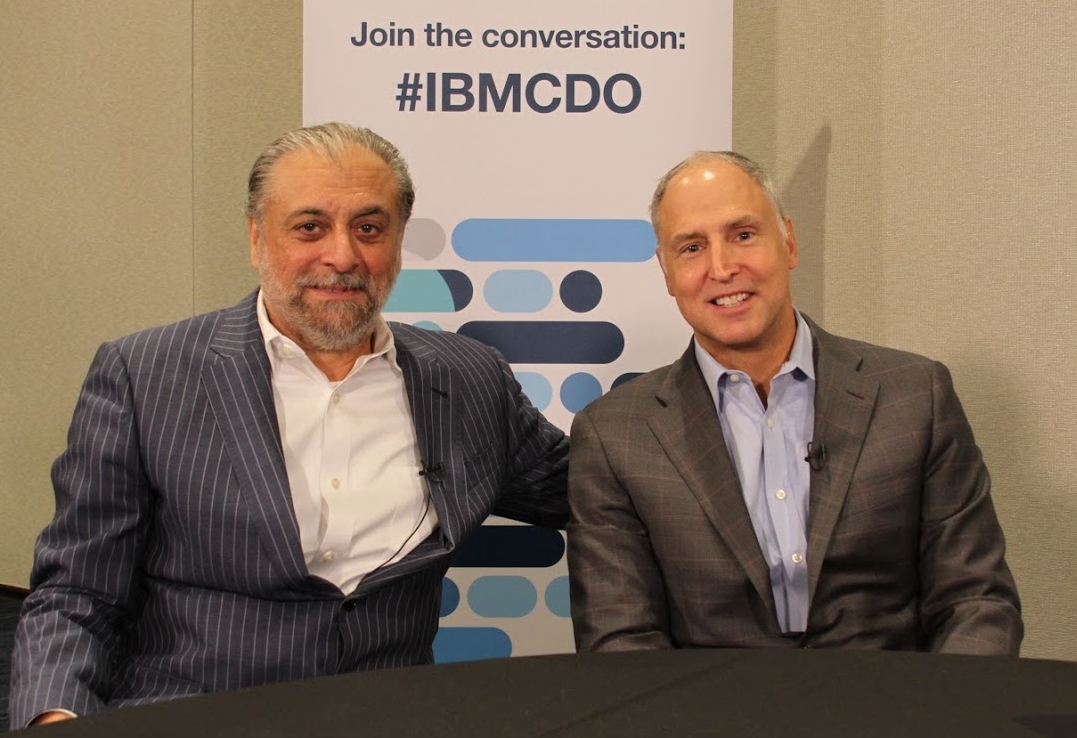 NEWS
NEWS
 NEWS
NEWS
 NEWS
NEWS
While the role of Chief Data Officer (CDO) is a relatively new one, it is inherently one that changes rapidly, as it must conform to new data inputs and ever-evolving technologies. So what is the CDO’s role today and how will the role change in the future?
To answer these questions, Bob Picciano, senior VP of Information and Analytics Group at IBM, and Inderpal Bhandari, global CDO at IBM, spoke to Dave Vellante (@dvellante) and Stu Miniman (@stu), cohosts of theCUBE, from the SiliconANGLE Media team, during the IBM Chief Data Officer Strategy Summit held at the Boston Copley Marriot in Boston, MA.
The discussion started with general dialogue around what IBM hopes to achieve at its CDO Strategy Summit. Bhandari and Picciano emphasized that IBM is looking to bring together a moderated forum where existing and upcoming CDOs can exchange ideas about what’s working and what’s not at their companies; what’s changing about the CDO role; and what’s on the horizon regarding products and services that CDOs have identified as potential growth areas.
As far as what is thought of as the first steps for a CDO: “I do view the job as a craft; there’s a craft to it,” said Bhandari. “There’s five things you have to do … the first three need to be performed sequentially … and the last two in parallel: Develop a clear data strategy; execute enterprise-wide governance and management systems; become the central and trusted data source for [your company], build deep data and analytics partnerships, and scale and develop talent in this area.”
There was a discussion around how data is driving cognitive innovation, and the CDO’s role in maximizing that innovation.
“The process is new (i.e., Uber), it’s about scaling knowledge, scaling data across all of the processes in a company … gleaning the insights into the intelligence system in the hub,” said Bhandari.
Picciano added, “The process is continuous … your expectations, as relationships involve … how they perform that task, is a change. … It needs to introduce information; a cognitive system that needs to interface with other.”
One of the primary functions of the CDO that Picciano identified was “the focus on providing the ability to provide the governance, the data security, without stifling innovation.”
And as Bhandari began as a CDO in healthcare, he had this to say about how his role changed at IBM: “IBM’s environment has tremendous scale … a great test bed … [we can] build our own cognitive enterprise. … IBM is a global organization, different countries, different cultures, different languages.”
Watch the complete video interview below, and be sure to check out more of SiliconANGLE and theCUBE’s coverage of the IBM Chief Data Officer Strategy Summit.
THANK YOU